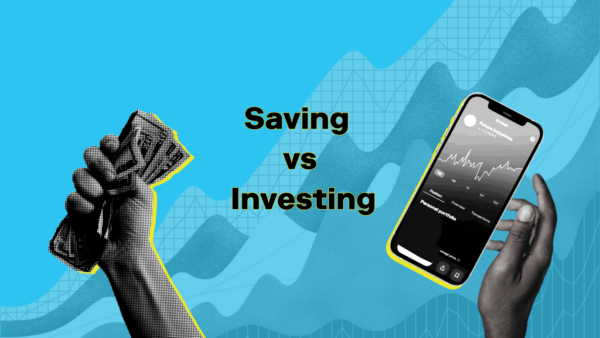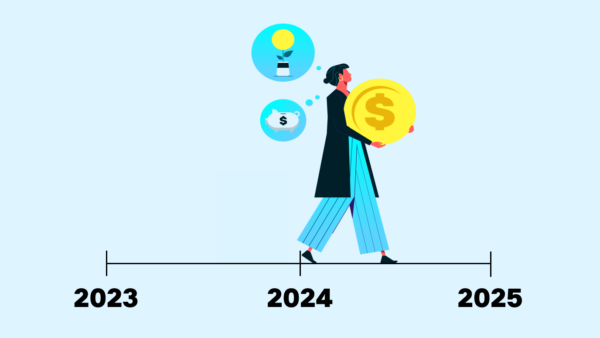Jun 17, 2022
Black America: Addressing the Racial Wealth Gap
As more Black consumers turn to investing, there’s reason for optimism

As the nation observes Juneteenth, the federal holiday commemorating Black American emancipation from slavery in 1865, it’s important to take stock of continuing inequalities.
Specifically, a wealth gap persists between Black consumers, their White counterparts, and other racial groups in the U.S. as well. The disparity in assets can be seen across the financial spectrum, in saving and investing rates, home ownership, and the ability to get loans.
Generally speaking, Black Americans possess one sixth the wealth of their White counterparts, according to recent economic research, which also found that Black wealth equaled $60,125 compared to $338,092 for non-Black households. And that number reportedly has been trending down since the 1980s.
One reason is that the median wage for Black workers is approximately 30 percent, or $10,000 lower, compared to white counterparts, according to a recent report from consulting firm McKinsey. Additionally, some 3.5 million, or 19 percent of Black families, have a negative net worth due to debt, compared to 8 percent of White families.
Reasons for the racial wealth gap
Black Americans also hold very little of their wealth in assets with the potential to earn a higher rate of return, such as stocks, according to some economists. Approximately half of Black households have no investment holdings, according to recent research. Instead, they tend to hold more of their wealth in housing, which historically has not appreciated as quickly.
In May, Stash conducted a survey of more than 2,000 U.S. consumers about the state of money. It found that Black Americans are struggling more to understand how to manage their finances. Among the findings:
- Black Americans reported an average annual household income of less than $55,000 and 67% of working Blacks said they were paid hourly instead of receiving a salary. (Working Black Americans reported annual household income of $45,438 on average, according to the U.S. Census Bureau.)
- Approximately 44% of Black respondents said they could not cover a financial emergency, compared to about one third of Whites.
- 43% of Black respondents said the pandemic negatively affected them in some way, compared to 37% of Whites.
- More than half of Black people surveyed said they don’t know how to start building wealth, compared to 45% of White respondents.
Turning the tide
But the tide may be shifting, as more Black Americans have turned to investing since the beginning of the pandemic. Although half of Black consumers in the U.S. don’t own securities, nearly half of Black investors became first-time investors in the last 18 months, a rate more than twice that of Whites, according to recent research.
In fact, nearly three quarters of Black respondents are hopeful about their financial futures, according to Stash research. Additionally:
- Nearly 60% of Black Americans are curious about investing, compared to 42% of Whites..
- 17% of Black people hold alternative digital investment cryptocurrency. (That’s ten percentage points less than Whites.)
- 93% of Blacks said they want to build long-term wealth, but more than half (52%) indicated that they don’t know how to start.
And Black Americans’ optimism about their financial futures may be good news for everyone, as greater equity can lead to stronger communities, and potentially stronger economic growth for the nation.
Stash encourages people to follow the Stash Way, our personal finance and investing philosophy which includes saving, regular investing, diversification, and investing for the long term.
Related Articles

The 12 Largest Cannabis Companies in 2024

Saving vs. Investing: 2 Ways to Reach Your Financial Goals

How To Invest in the S&P 500: A Beginner’s Guide for 2024

Stock Market Holidays 2024

The 2024 Financial Checklist: A Guide to a Confident New Year

9 Ways to Celebrate Financial Wellness Month





